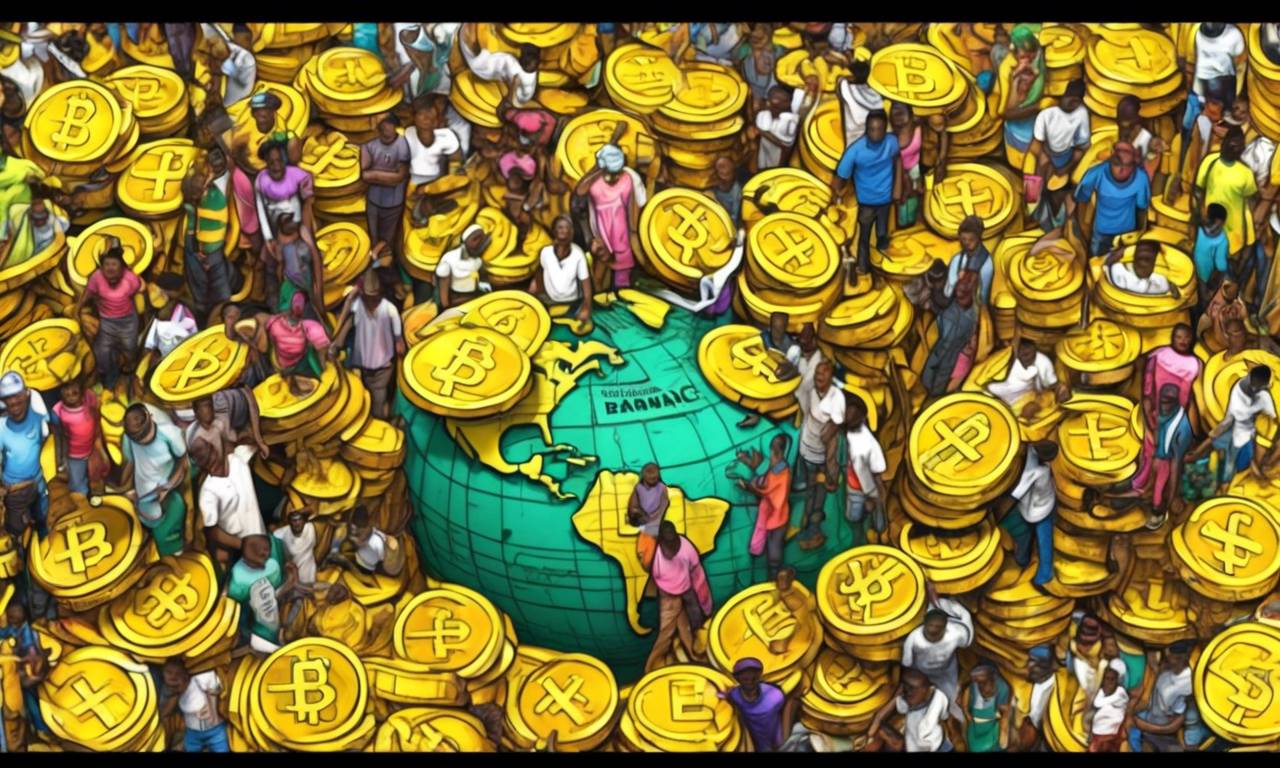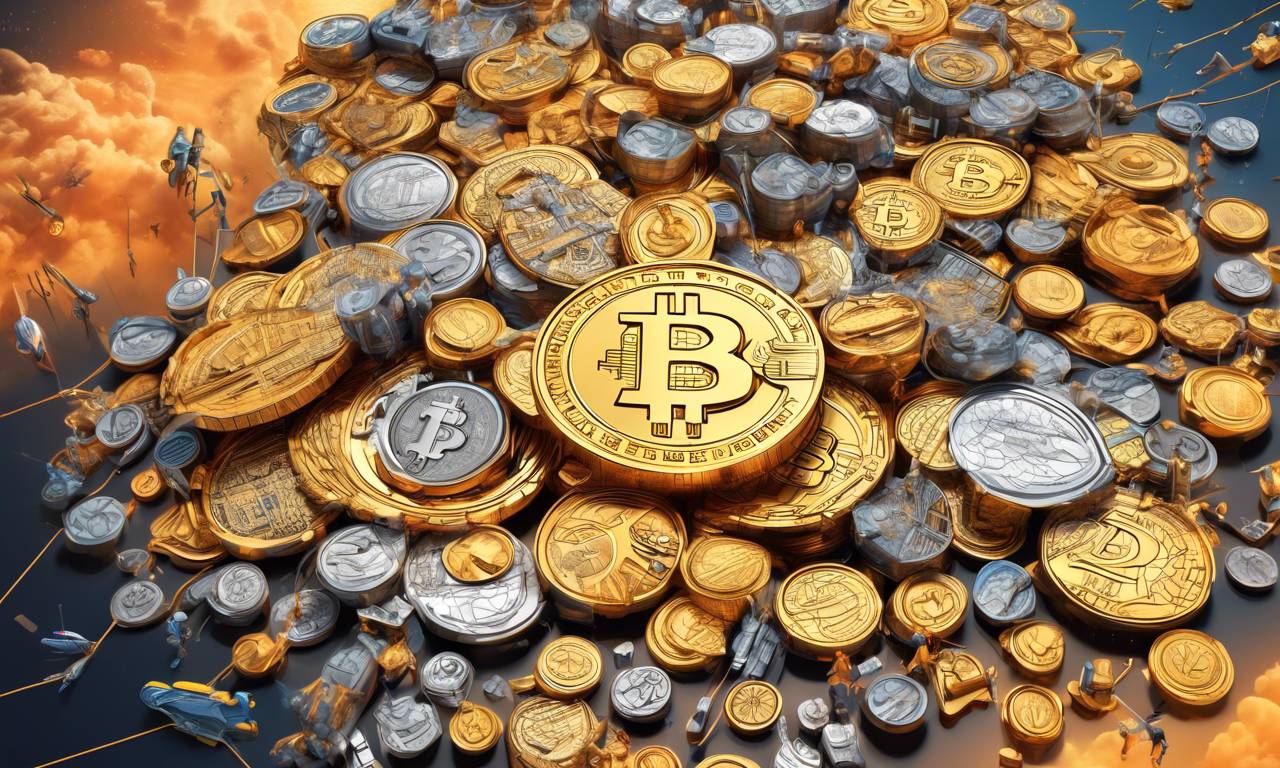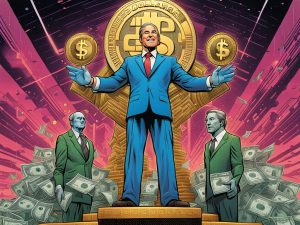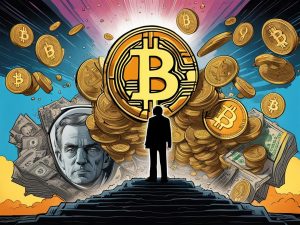Cryptocurrency Exchange Binance Halts Services Related to Nigerian Naira (NGN)
Binance, one of the leading cryptocurrency exchanges, has recently announced that it will no longer offer services related to the Nigerian naira (NGN). This decision comes amidst concerns raised by Nigerian authorities about the impact of cryptocurrency exchanges on the country’s economy. Here are the key points you need to know:
Automatic Conversion and Withdrawal
- Starting from 8:00 UTC on March 8, all remaining NGN balances in Binance users’ accounts will be automatically converted to USDT stablecoin.
- Users are advised to withdraw their NGN before this date.
- Deposits in NGN will be suspended on March 5.
Cessation of Support for NGN
Binance will completely stop supporting NGN in the following areas:
- Spot trading
- P2P
- Auto Invest
- Binance Pay
“We thank you for your support as we continue to build the crypto ecosystem in a way that promotes transparency and long-term, sustainable growth.”
– Binance announcement
Nigerian Authorities’ Concerns and Actions Taken Against Binance
The Nigerian government has expressed concerns about the impact of cryptocurrency exchanges on the country’s economy. As a result, they have taken several actions against Binance:
Telecommunications Companies Ordered to Block Access
In February, Nigerian authorities ordered telecommunications companies to block access to several platforms, including Binance, Coinbase, and Kraken. This move was made to restrict the use of cryptocurrencies within the country.
Detention of Binance Employees
Two Binance employees who had traveled to Nigeria to resolve the issue were detained by security authorities for questioning regarding foreign exchange market regulation. This highlights the seriousness with which Nigerian authorities are approaching the matter.
Alleged Compensation Demand
In early March, there were media reports claiming that Nigerian authorities demanded $10 billion in compensation from Binance for allegedly manipulating the naira exchange rate. However, both Binance and Bayo Onanuga, an adviser to the President of Nigeria, denied this information.
Request for CEO’s Testimony
The Nigerian House of Representatives Committee on Financial Crimes has demanded that Binance CEO Richard Teng appear before them by March 4 to testify regarding alleged terrorist financing and money laundering. This further emphasizes the scrutiny faced by Binance in Nigeria.
Hot Take: Binance’s Decision and Nigeria’s Cryptocurrency Landscape
The decision by Binance to halt services related to the Nigerian naira reflects the challenges faced by cryptocurrency exchanges in Nigeria. Here are some key takeaways:
Nigeria’s Stance on Cryptocurrencies
- The Nigerian government’s concerns about the impact of cryptocurrencies on its economy have led to regulatory actions against exchanges like Binance.
- This signals a need for clearer regulations and guidelines for cryptocurrency operations in Nigeria.
Binance’s Response
- Binance’s decision to suspend NGN-related services shows its willingness to comply with regulatory requirements and support long-term growth in the crypto ecosystem.
- The detention of employees and the demand for CEO testimony highlight the challenges faced by Binance in navigating Nigeria’s regulatory landscape.
The Future of Cryptocurrencies in Nigeria
- While the current situation presents obstacles for cryptocurrency exchanges, it also underscores the potential for growth and development in the Nigerian crypto market.
- Clearer regulations and increased dialogue between regulators and industry players will be crucial for creating a favorable environment for cryptocurrencies in Nigeria.
In conclusion, Binance’s decision to cease NGN-related services in Nigeria reflects the challenges faced by cryptocurrency exchanges amidst regulatory concerns. The actions taken by Nigerian authorities highlight the need for clearer regulations and guidelines for cryptocurrencies in the country. Moving forward, fostering a constructive dialogue between regulators and industry players will be essential to unlock the full potential of cryptocurrencies in Nigeria.





 By
By
 By
By
 By
By

 By
By
 By
By